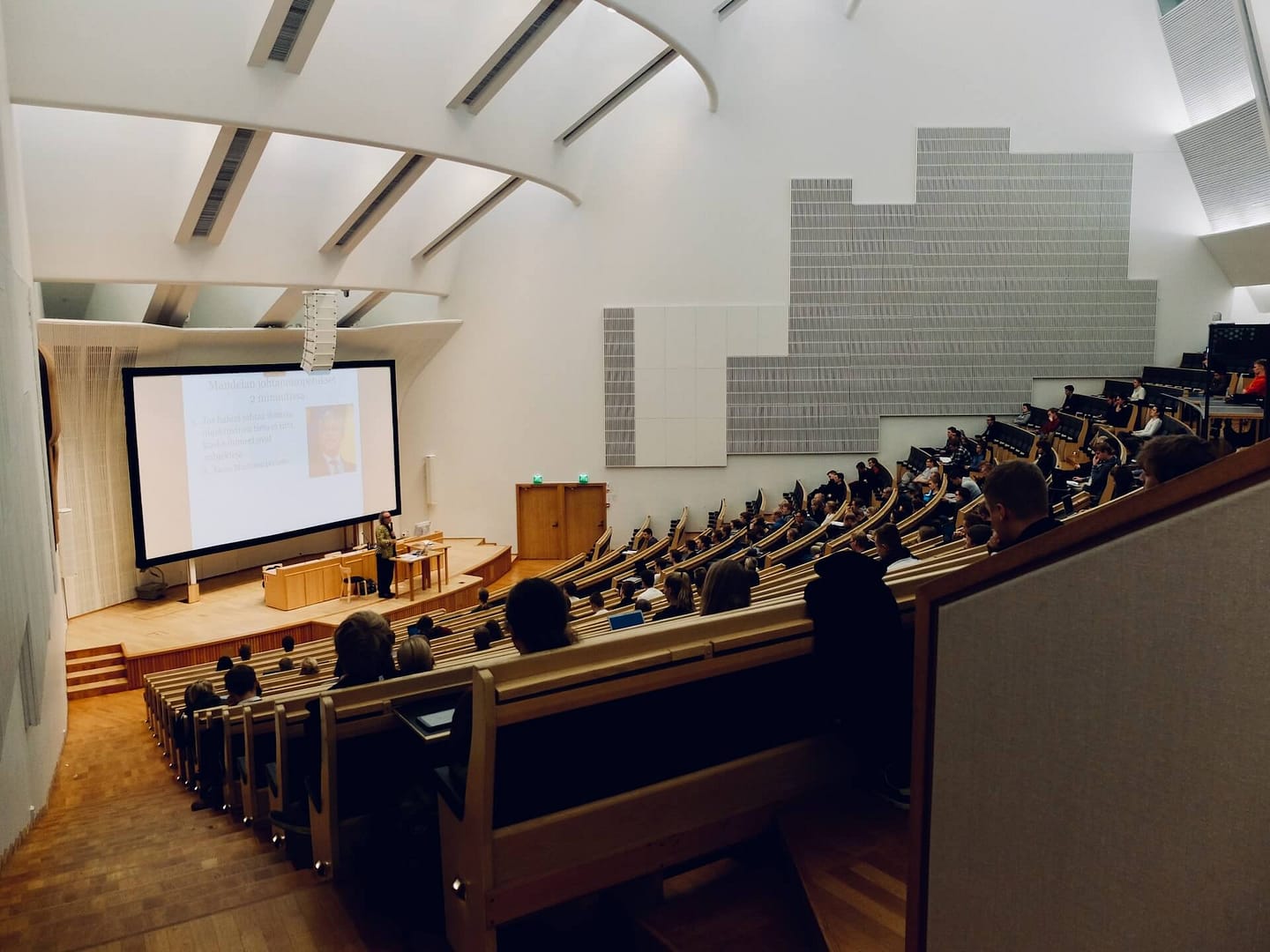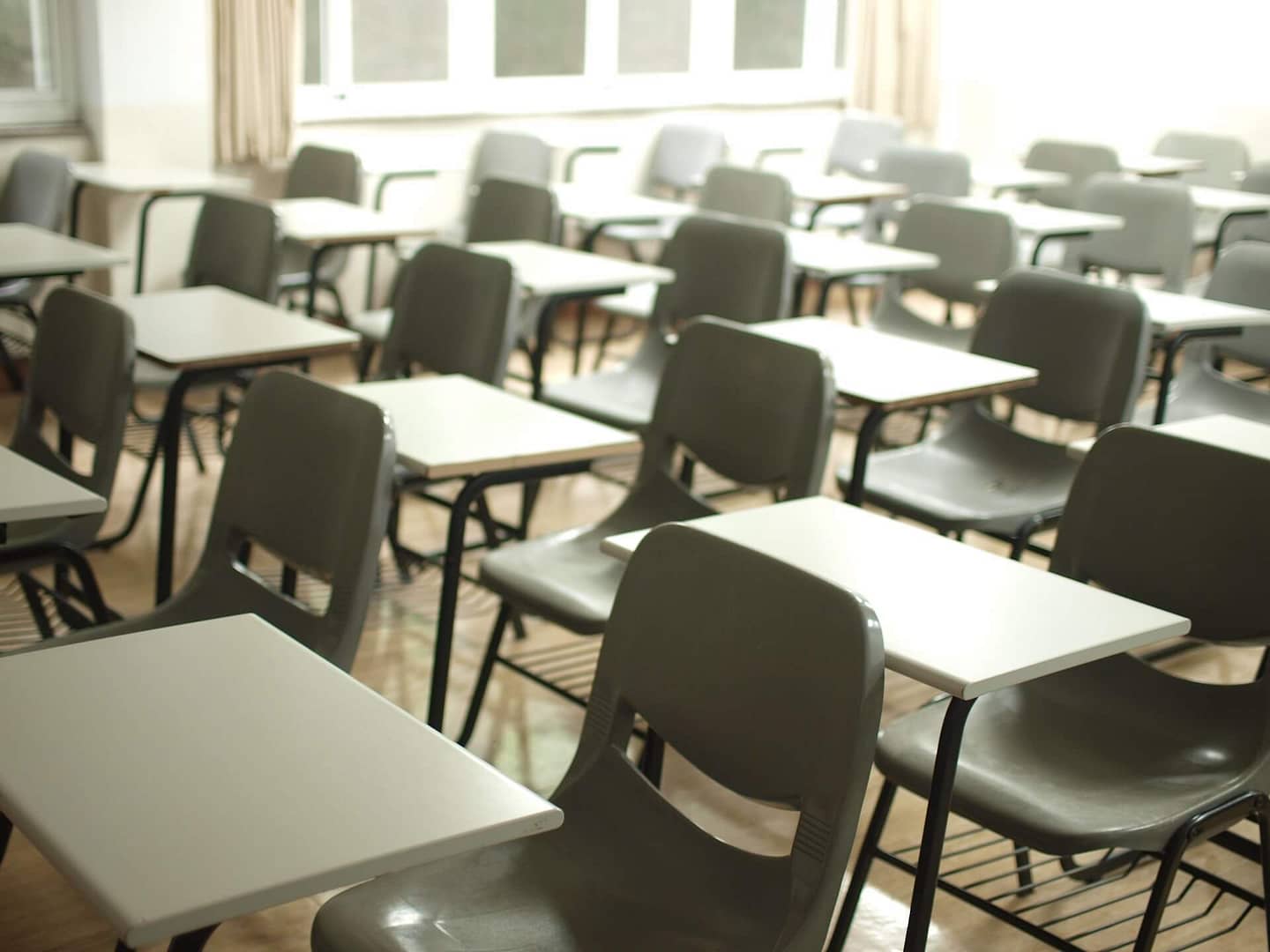Accidents can happen anywhere, even in the seemingly safe and controlled environment of schools and universities. In Scotland, just like in the rest of the UK, the issue of liability when accidents occur in educational institutions is a complex one. Schools and universities have a duty of care to ensure the safety and well-being of their students, but what happens when accidents inevitably occur? This article will delve into the intricate world of accidents in schools and universities in Scotland, shedding light on the liability aspects, how educational institutions deal with such incidents, and the broader legal framework that governs these situations.
Liability in Educational Institutions
Liability in schools and universities in Scotland, as in the UK, is a multifaceted issue. Educational institutions have a duty to ensure the safety and well-being of their students, and this duty extends to both staff and students. However, this duty does not imply that schools and universities are automatically liable for every accident that occurs on their premises.
Duty of Care
The duty of care is a fundamental concept in Scottish and UK law. Educational institutions owe a duty of care to their students, which means they are legally obligated to take reasonable steps to prevent harm to those under their supervision. This duty encompasses ensuring that the physical environment is safe and that proper supervision and training are provided when necessary.
Are Schools Liable for Student Injury in the UK?
In Scotland, as in the broader UK, schools and universities are not automatically liable for every injury that occurs on their premises. Liability depends on several factors, including the circumstances of the accident and whether the institution can be shown to have breached its duty of care.
Negligence
For an educational institution to be held liable for a student’s injury, it must be proven that the institution was negligent in some way. Negligence refers to a failure to exercise reasonable care in ensuring safety. To establish negligence, one must demonstrate the following:
Duty of Care: The school or university had a duty of care towards the injured student.
Breach of Duty: The institution failed to fulfill its duty of care, either through actions or omissions.
Causation: The breach of duty directly caused the injury to the student.
Proving negligence can be a complex task and often requires the assistance of legal professionals. In Scotland, as in the UK, liability cases involving educational institutions tend to revolve around these key elements.
Contributory Negligence
It’s essential to note that liability may not always fall solely on the institution. In some cases, the injured student may have contributed to the accident through their own actions. This concept is known as contributory negligence. If it is established that the student’s actions or behavior significantly contributed to the accident, the institution’s liability may be reduced or even eliminated.
Special Considerations for Universities
Universities, due to their different nature and the age of their students, may have additional considerations when it comes to liability. While universities still owe a duty of care to their students, the level of responsibility placed on adult students may be different from that of younger students in primary or secondary education.
How Do Schools Deal with Accidents?
Accidents can happen at any time and in any place, and schools and universities are no exception. So, how do educational institutions in Scotland deal with accidents when they occur? The response to accidents varies depending on the severity of the incident and the circumstances surrounding it.
Minor Incidents
For minor accidents or injuries that do not require immediate medical attention, schools and universities typically have established procedures for dealing with them. This may involve providing basic first aid, notifying parents or guardians, and keeping a record of the incident. The school or university may also conduct an internal investigation to determine if any changes need to be made to prevent similar accidents in the future.
Serious Incidents
In the case of more severe accidents, where immediate medical attention is required, schools and universities will call for emergency services. The safety and well-being of the injured student are the top priorities. After the immediate medical needs have been addressed, an investigation may be launched to determine the cause of the accident and whether any negligence or breach of duty on the part of the institution played a role.
Legal Implications
When accidents result in serious injuries, the legal implications become more pronounced. Schools and universities may find themselves facing potential liability claims. In such cases, it is crucial for the institution to work closely with legal counsel to address the situation. This may include gathering evidence, conducting internal investigations, and preparing a defense if a liability claim is filed.
Legal Framework in Scotland
The legal framework governing accidents and liability in Scotland is rooted in common law principles. While the fundamental concepts of duty of care, negligence, and contributory negligence are applicable, there are specific statutes and regulations that also play a role.
Education (Scotland) Act 1980
The Education (Scotland) Act 1980 is a key piece of legislation that outlines the legal framework for education in Scotland. It places a duty on local authorities to ensure that schools provide a safe and suitable environment for students. This act underlines the importance of safety in educational institutions and can be invoked in liability cases.
Health and Safety Regulations
Health and safety regulations, both UK-wide and specific to Scotland, also have a significant impact on liability cases in educational institutions. These regulations set out the standards and procedures that must be followed to ensure the safety of students and staff. Failure to comply with these regulations can be used as evidence of negligence in a liability case.
Case Law
Case law, or judicial decisions, also plays a vital role in shaping the legal landscape regarding liability in schools and universities in Scotland. Past cases set precedents and provide guidance on how the law is applied in specific situations. These cases can be referenced and relied upon in liability claims and defenses.
Making a Personal Injury Claim with National Claims
At National Claims, we understand that accidents in schools and universities can have a profound impact on students and their families. If you or your loved one has been injured due to an accident on educational institution premises and you believe there may be a case of negligence or breach of duty, our experienced team of legal experts is here to assist you in making a personal injury claim.
Our claims process is straightforward and designed to provide you with the support and guidance you need during a challenging time. Here’s how we can help you navigate the complexities of a personal injury claim:
Initial Consultation
Our team will provide you with a free initial consultation to discuss the details of your case. We will listen to your story, assess the circumstances, and determine if there is a viable claim. We understand the emotional and physical toll that accidents can take, and we are committed to helping you seek justice.
Gathering Evidence
We will work diligently to gather evidence to support your claim. This includes obtaining medical records, witness statements, and any relevant documents that can strengthen your case. Our goal is to build a compelling case that demonstrates negligence or breach of duty on the part of the educational institution.
Compensation
If your personal injury claim is successful, you may be entitled to compensation for medical expenses, pain and suffering, and other related costs. We will work to secure the best possible outcome for your case and provide the support you need to move forward.

Conclusion
Accidents in schools and universities are a complex issue that requires a careful consideration of legal principles, safety procedures, and the unique circumstances of each case. Understanding the legal framework and the duty of care owed by educational institutions is essential for both students and institutions to navigate the challenges that arise when accidents occur.
When accidents lead to injuries due to negligence or breach of duty on the part of an educational institution, seeking justice and compensation is crucial. National Claims is here to assist you in making a personal injury claim and provide the support and legal representation you need during this challenging time. Our experienced team is dedicated to helping you achieve the best possible outcome for your case, ensuring that your rights and interests are protected.
Contact us today to speak to one of our claims specialists to help you get started on your claim.
Click below to see why we are one of the most trusted claims management companies in the UK.

We’re proud of our excellent customer reviews
We thrive on delivering exceptional service and ensuring our clients’ satisfaction. Don’t just take our word for it. Check out some of our independent reviews to see what our clients have to say.
Excellent

This firm is excellent, they sorted out my car pay out and injury claim very fast, they always communicate with you all the time.

My accident case was dealt with confidence and with great result of the outcome, especially James kept me informed all the time.

I was very impressed at the way my inquiry was treated. I was listened to attentively and everything I needed to know was explained to me.






